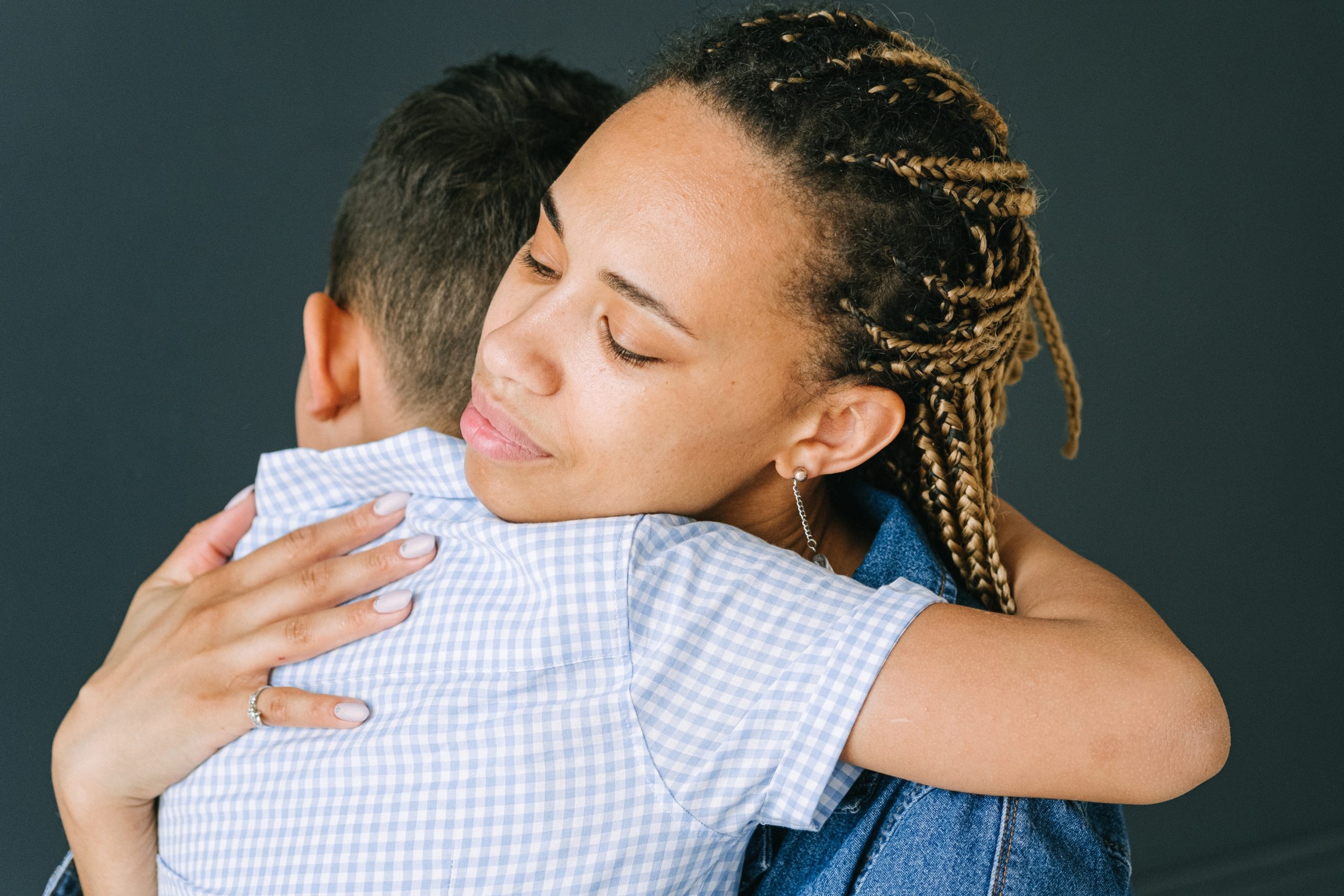The same part of the brain children need to safely cross a busy road is the same part they need to regulate. This part of the brain is called the pre-frontal cortex, and it helps with all the things we humans love in other humans. It helps us make (good) deliberate decisions, think through consequences, problem-solve, plan, and calm big feelings.
It’s development takes time and lots of experience. In girls, full development of the pre-frontal cortex will happen at early to mid-twenties, and in boys, closer to 30. In the meantime, we need to keep our expectations developmentally appropriate. As with all important things, children don’t learn from harsh words or a harsh responses. None of us do. They learn by watching, and by doing with us, over and over.
In the same way we wouldn’t expect a young child to cross a busy road by themselves, we have to recognise that the capacity to self-regulate big feelings will also take time to strengthen. As the prefrontal cortex develops, our young loves will be more able to self-regulate, but of course some days the capacity will feel threadbare, as it does with all of us sometimes. Even for us as adults with a fully developed pre-frontal cortex, there will be times when our big feelings will get the better of us and we’ll say or do things we shouldn’t.
Just like crossing the road, the capacity for self-regulation will emerge in time, provided they have the right experience. The experience they need is our calm, strong, loving presence in the face of their big feelings. Think of it like being their anchor in their emotional storm. Breathe, feel what they feel, and be with. Then wait for the storm to pass. You don’t need to fix anything. They aren’t broken. This is part of how they grow, not a diversion from it.
Let go of any agenda to ‘get them to behave’ or to ‘control themselves’. The more we hold on to an agenda, the more impatient we’ll be, and the more disappointed or angry we’ll be when things don’t go as expected.
During big feelings, preserve your connection as much as you can. This will maximise your influence when things come back to calm. This is not the time to talk about what’s happened, what can be done differently next time, and any ‘putting right’ that might be needed. When they are calm, they’ll be in a brain state more compatible with learning. There’s no hurry for this.
In the same way we have to keep our expectations of our children developmentally appropriate, we have to keep our expectations of ourselves humanly appropriate. Sometimes we’ll lose our minds (literally, lose our thinking minds) and go back to impulse and instinct when we’re in front of big feelings. We’re human, and that’s what humans do sometimes. A child in big feelings will trigger our own fight or flight, but instead of fighting or fleeing for them, we might be driven to fight with them or flee from them. If this happens, repair the rupture as soon as you can. This is an opportunity to model humility, the okay-ness of imperfection, responsibility (response-ability) and putting things right – all important growth points.


![It’s the simple things that are everything. We know play, conversation, micro-connections, predictability, and having a responsive reliable relationship with at least one loving adult, can make the most profound difference in buffering and absorbing the sharp edges of the world. Not all children will get this at home. Many are receiving it from childcare or school. It all matters - so much.
But simple isn’t always easy.
Even for children from safe, loving, homes with engaged, loving parent/s there is so much now that can swallow our kids whole if we let it - the unsafe corners of the internet; screen time that intrudes on play, connection, stillness, sleep, and joy; social media that force feeds unsafe ideas of ‘normal’, and algorithms that hijack the way they see the world.
They don’t need us to be perfect. They just need us to be enough. Enough to balance what they’re getting fed when they aren’t with us. Enough talking to them, playing with them, laughing with them, noticing them, enjoying them, loving and leading them. Not all the time. Just enough of the time.
But first, we might have to actively protect the time when screens, social media, and the internet are out of their reach. Sometimes we’ll need to do this even when they fight hard against it.
We don’t need them to agree with us. We just need to hear their anger or upset when we change what they’ve become used to. ‘I know you don’t want this and I know you’re angry at me for reducing your screen time. And it’s happening. You can be annoyed, and we’re still [putting phones and iPads in the basket from 5pm] (or whatever your new rules are).’♥️](https://www.heysigmund.com/wp-content/plugins/instagram-feed-pro/img/placeholder.png)
Leave a Reply